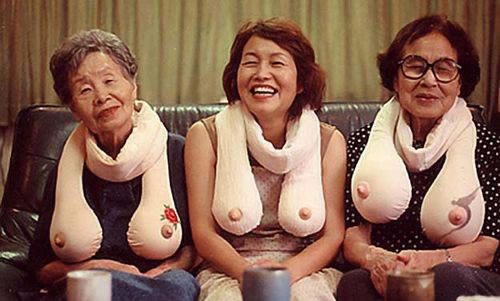 In regards to breasts, they truly come in all shapes and sizes – xs to XL. Often women think that because their breasts are small that they cannot breastfeed, or sometimes we hear the opposite – that breastfeeding may be difficult because of having larger breasts. True, there are some accommodations and positioning adjustments that women with large breasts may have to make, but that doesn’t mean they can’t breastfeed. And, women with small breasts are more than capable of producing enough milk for their babies. One thing that lactation consultants hear frequently (or at least I do!) is that moms are concerned they aren’t making enough milk because when they pump they “only pump 3 ounces at a time and their friend always pumps 8 oz ”. We naturally compare ourselves to our friends, family, co-workers, etc. but lactation is one area that really is highly unique based on each mom and her baby. We really can’t and shouldn’t compare ourselves to our breastfeeding friends. It’s true – some women can pump more in one session than I ever could in 3 combined, but that doesn’t mean I have a low supply. What it may mean if you are one of the moms who pumps 2-3 ounces each time is that your baby may need to feed more frequently (or may not – keep reading to find out more) – which is why it’s so critical to feed on baby’s cues and not by a clock. Anywhere from 8-12 (or more!) feedings in 24 hours is normal, particularly the first several months of breastfeeding. Babies’ calorie requirements stay remarkably stable at approximately 30 ounces per 24 hours from 1 month until 6 months of age. Also, a pump is not a good indicator of how much milk you produce – the pumps tells you how much milk you can pump, so while you may pump 3 ounces baby may take in 4 ounces at breast because she will be much more efficient than a pump at removing milk if she has a good latch. And going back to the title, breast size may impact the storage capacity of your breasts (yes, larger breasts likely have the ability to hold more milk) but having smaller breasts does not mean you won’t produce enough for your baby. Trust your body, watch for baby’s feeding cues, and let him decide how long he wants to feed. Those things are much more important than the size of your breasts.
1 Comment
|
AuthorJust Carrie wanting a space to write about being a mom to 2, boob nerd, military wife, and food enthusiast. But mainly a place to talk about boobs and babies! Archives
March 2019
Categories |
|
LOCATION
Olympia Office (effective April 2024):
2627 Martin Way E, Olympia WA 98506 Pierce County: Appointments available in Steilacoom - see schedule page for details and availability! Providing lactation consults to families in Olympia, Lacey, Tumwater, Steilacoom, DuPont, Grays Harbor, Yelm, Rainier, and surrounding areas. |
|
We support equal rights and inclusion. LGBTQIA+ friendly.
 RSS Feed
RSS Feed


